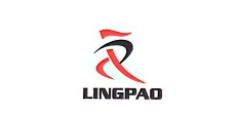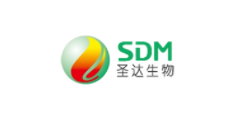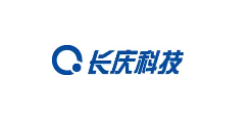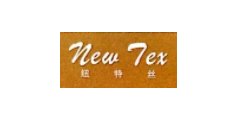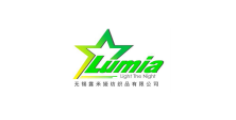标准号:ISO 9886-2004
中文标准名称:人类工效学.热应变的生理学测量评价
英文标准名称:Ergonomics - Evaluation of thermal strain by physiological measurements
标准类型:A25
发布日期:1999/12/31 12:00:00
实施日期:1999/12/31 12:00:00
中国标准分类号:A25
国际标准分类号:13.180
适用范围:This International Standard describes methods for measuring and interpreting the following physiological parameters:
— body core temperature;
— skin temperatures;
— heart rate;
— body-mass loss.
The choice of variables to be measured and techniques to be used is at the discretion of those responsible for the health of the employees. These persons will have to take into account not only the nature of the thermal conditions, but also the degree of acceptance of these techniques by the employees concerned.
It should be emphasised that direct measurements on the individual can only be carried out on two conditions.
a) If the person has been fully informed about the discomfort and the potential risks associated with the measurement technique and gives free consent to such measurements.
b) If the measurements present no risk for the person which is unacceptable in view of general or specific codes of ethics.
In order to simplify this choice, Annex A presents a comparison of the different methods concerning their field of application, their technical complexity, the discomfort and the risks that they might involve.
This standard defines the conditions which are to be met in order to ensure the accuracy of the data gathered from the different methods. The measurement methods are described in Annex B. Limit values are proposed in Annex C (informative).
This standard is not concerned with experimental conditions for which investigators may develop alternative methods intended to improve knowledge in this area. It is however recommended, when conducting such studies in the laboratory, to use the methods described below as references, so that results may be compared.
Before using the evaluations methods described in this International Standard, the user is required to follow the ethics and legal rules in force in his country or institution. Accordingly, ethical committees will be consulted and rules concerning free written consent, freedom of participation, confidentiality, etc. will be strictly followed.
ISO 9886-2004 人类工效学.热应变的生理学测量评价
百检网 2021-07-20
百检能给您带来哪些改变?
1、检测行业全覆盖,满足不同的检测;
2、实验室全覆盖,就近分配本地化检测;
3、工程师一对一服务,让检测更精准;
4、免费初检,初检不收取检测费用;
5、自助下单 快递免费上门取样;
6、周期短,费用低,服务周到;
7、拥有CMA、CNAS、CAL等权威资质;
8、检测报告权威有效、中国通用;
客户案例展示
版权与免责声明
①本网注名来源于“互联网”的所有作品,版权归原作者或者来源机构所有,如果有涉及作品内容、版权等问题,请在作品发表之日起一个月内与本网联系,联系邮箱service@baijiantest.com,否则视为默认百检网有权进行转载。
②本网注名来源于“百检网”的所有作品,版权归百检网所有,未经本网授权不得转载、摘编或利用其它方式使用。想要转载本网作品,请联系:service@baijiantest.com。已获本网授权的作品,应在授权范围内使用,并注明"来源:百检网"。违者本网将追究相关法律责任。
③本网所载作品仅代表作者独立观点,不代表百检立场,用户需作出独立判断,如有异议或投诉,请联系service@baijiantest.com

